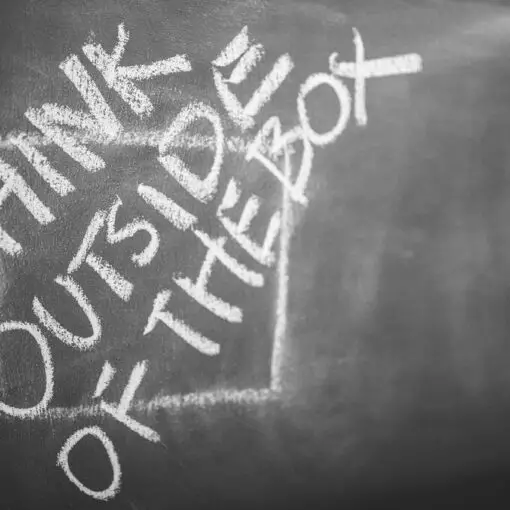English is a complex language, and there are often several meanings for the same word depending on the context. Here’s what the word ‘critical’ means in the phrase ‘critical thinking.’
‘Critical’ in the phrase ‘critical thinking’ means to objectively analyze and evaluate an issue in order to form a conclusive judgment. It is the analysis of the data available, as well as any additional observations, arguments, and facts to draw a conclusion.
With so many words in the English language changing depending on the context and some words having several meanings, it can be hard to decipher common words and phrases. The rest of this article will discuss what the word ‘critical’ means in the phrase ‘critical thinking.’
What Meanings of Critical Are There?
Critical Meaning Opposed to
Critical is a word that has three meanings. The first means to express opposing or adverse views on a subject. For example, the word would be used in this example: “The politician was critical of his opponent’s viewpoint.” In this case, the politician is adopting a position against the opponent and is critical of his position.
Critical Meaning an Analysis of
The word critical does not necessarily have to have a negative meaning in context. For example, it can be used in the following sentence to convey thoughtfulness and thoroughness: “The wedding planner ran a critical eye over the decorations; everything had to be perfect for the ceremony.”
In this example, the planner is being ‘critical’ of her own work by imagining how it might be done differently or how other people (like the bride and groom) might view her work. This kind of analysis of someone else’s (or one’s own) work is sometimes referred to as ‘constructive criticism’ or a ‘critique,’ both of which contain the essence of the word ‘critical’ as it’s used in this context.
Critical Meaning Dire or Disastrous
The last meaning of critical is used to indicate a situation or problem that has reached an alarming degree of severity. Something in ‘critical condition’ might mean that it is precarious, hazardous, dangerous, or serious.
A critical situation might be described in the following example: “Because the patient was in critical condition after the car accident, the doctor rushed to prepare for the operation.” In this example, the word ‘critical’ means that the situation is extreme because a person’s life is at stake.
In conclusion
The word ‘critical’ in critical thinking is related to the second meaning of the word, i.e., a thoughtful analysis of the value and detriment of a product, idea, or work. We often think of critical thinking as being done by experts in the field.
A movie critic, for example, has to think critically about the subject movie by analyzing its merits and downfalls. He or she might apply critical thinking toward the theme, plot, and characters of the movie to determine whether it’s worthy of critical acclaim.
This is often accomplished through the use of question-related thinking. In this case, the movie critic might ask questions like the following:
- How are the characters developed throughout the film?
- Does the movie show, not tell?
- Is the cinematography in the film unique and captivating?
- How does the score (music) add or detract from the theme of the film?
These, of course, are not the only questions one might ask when applying critical thinking, but they are good examples of how an individual might use them. Anyone can apply critical thinking for problem-solving in their lives by considering the situation rationally and through an objective lens.
References
https://www.merriam-webster.com/dictionary/critical
https://www.monash.edu/learnhq/enhance-your-thinking/critical-thinking/what-is-critical-thinking





